- Accidents and Incidents
- Posts
- Revision
Revision
Her plan was not great: Travel to a new place to obsess about the old one. She applied for, and received, a bed in an old schoolhouse on a small island on the north coast of Iceland. Somehow, she expected that she could close her mind to new experiences, living in the past just long enough to drag the amusing anecdotes back to the surface, ignoring the darkness in the depths.
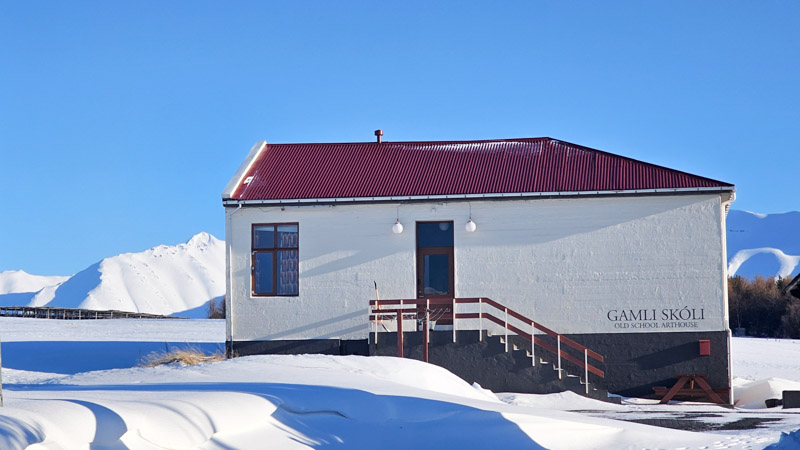
After a loud hallloooo, the old schoolhouse seemed to be empty. She exhaled in relief. A moment later, a woman walked blearily past with a murmur of acknowledgment before disappearing again.
“Oh,” she said, and unpacked her things. She set up her laptop in the workroom. She bought a bag of staples from the island shop: pasta, cheese, flour and yeast. That and the pile of words would see her through the month.
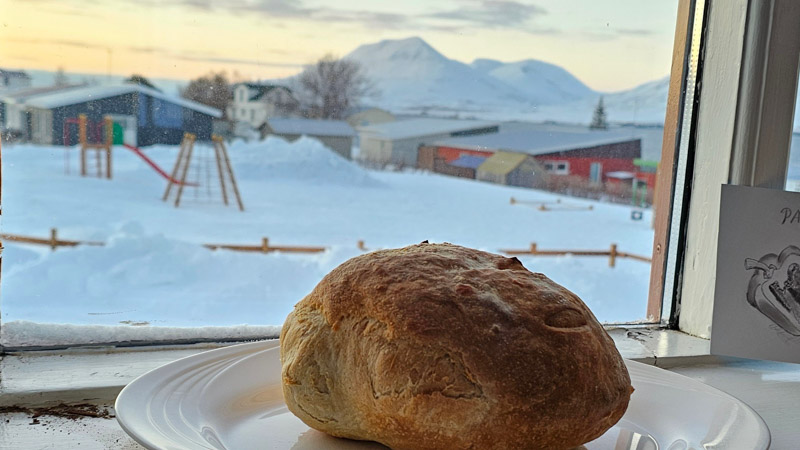
Her kitchen, their kitchen, did not have a scale or measuring cups. She poured a pile of flour into a bowl with a sprinkle of yeast and hoped for the best. The first loaf had a crust as tough as leather boots.
She ate the insides as if she were a child. Then she covered the workroom walls with brightly colored post-it notes: a cargo-cult plane to the book she was here to write.
It was hopeless. She was hopeless. She made another loaf of bread.
She still had not spoken to her housemate, who seemed able to soundlessly appear and disappear whenever she glanced away. She left a slice of bread out, almost as an offering.
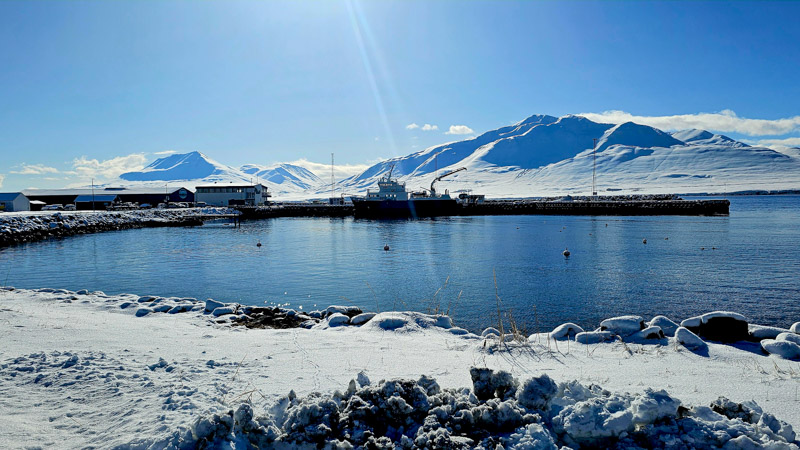
Bread was reliable in a way that words were not. The flour and water and yeast and salt combined into a golden loaf every time. It might not be good bread but no one would describe it as not-bread, as fatally flawed, as self-indulgent and poorly written.
She had dreamed of this place, or at least somewhere very much like it, for years. Now that she was untethered, she’d drifted here, but she had to remain firmly fixated on another place and another time.
She would not learn the language, not even one word. She would not study the history of the island. She would not explore the snowy trails, at least, not until the work was done. She would not see this place other than in contrast to the one she had left behind. It was like an awkward illicit affair: I will screw you but I will not kiss you. As long as I don’t relax into your embrace, I have not been unfaithful.
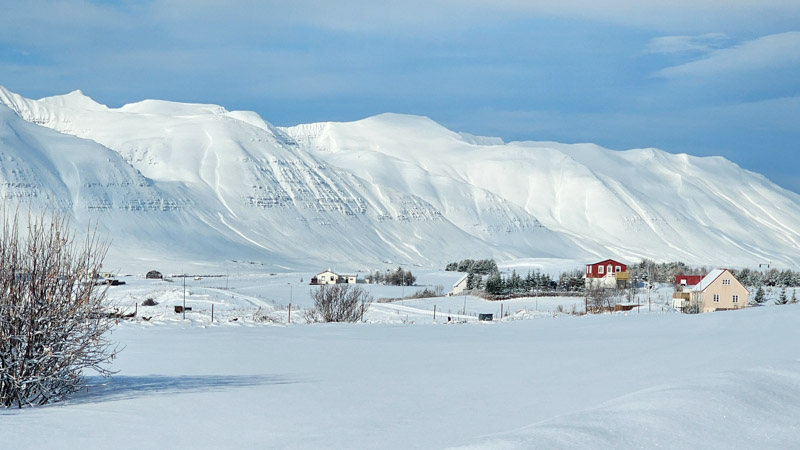
Someone tried to tell her her housemate’s name but she didn’t want to know; she abandoned the name as quickly as she heard it. There was comfort in their comings and goings without words, without names.
One day she woke and knew immediately that she was alone. She waited an hour, and then another, and set up a search. The only trace that anyone else had been in the schoolhouse with her was a bag of lollipops by the door.
Slowly, the words took shape. A different shape than she had promised her editor: a memoir of sorts. Raw and jagged. The darkness loomed over her mental horizons.
Her ability to measure bread dough by touch improved with every passing day.
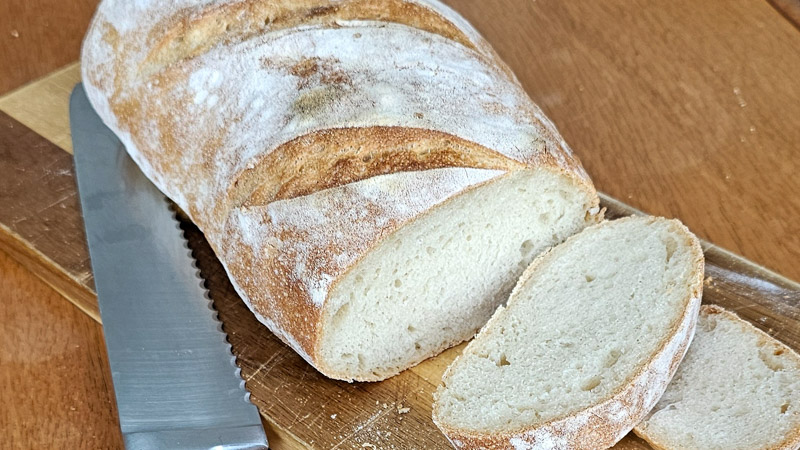
She remained in the schoolhouse, promising herself that she would explore the island once this was done: see the lighthouse, follow the trail, look for whales.
Still, social niceties spilled from her as thoughtlessly as breathing. She met new people who invited her for walks, for soups, for dinners. She was given lists of things that she should do and places she should visit.
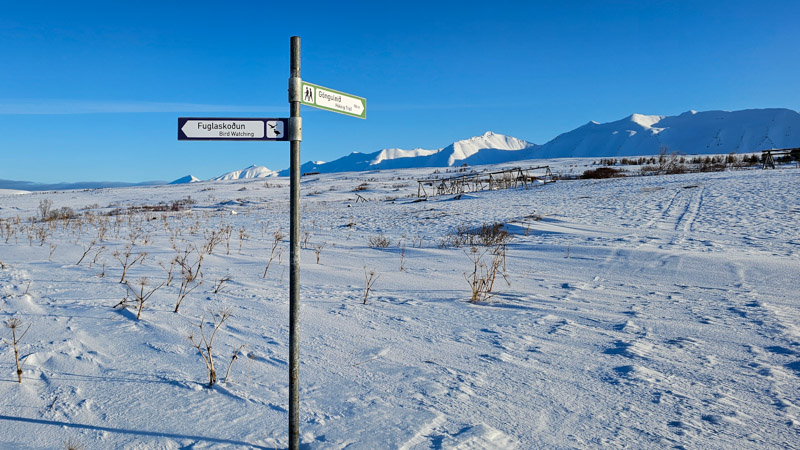
How much closer to the end of the earth do I need to go to be alone? She wanted to cocoon herself in the words but the darkness that had left her gasping and untethered in the first place was rapidly approaching, leaving her vulnerable and isolated on an island filled with people.
She made another loaf of bread.
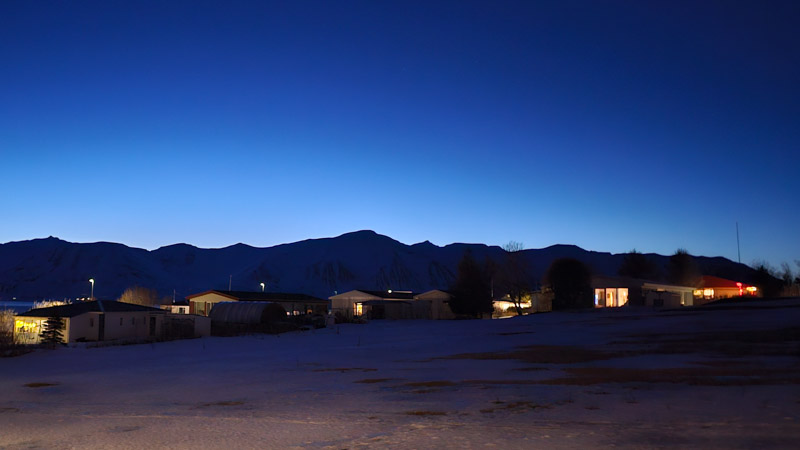
Suddenly, still struggling to keep the darkness out of her manuscript, she discovered there would be no way off the island unless she left now.
She belatedly understood the lesson that her housemate had tried to show her. If she had learned how to keep the silence, if she had learned to appear and disappear in an instant, then maybe she could have just stayed, spirited away on the early morning ferry without a word to anyone.
But it was too late: she had proclaimed every thought as it entered her head, in the hopeless belief that someone would say, no, don’t go, stay, you belong.
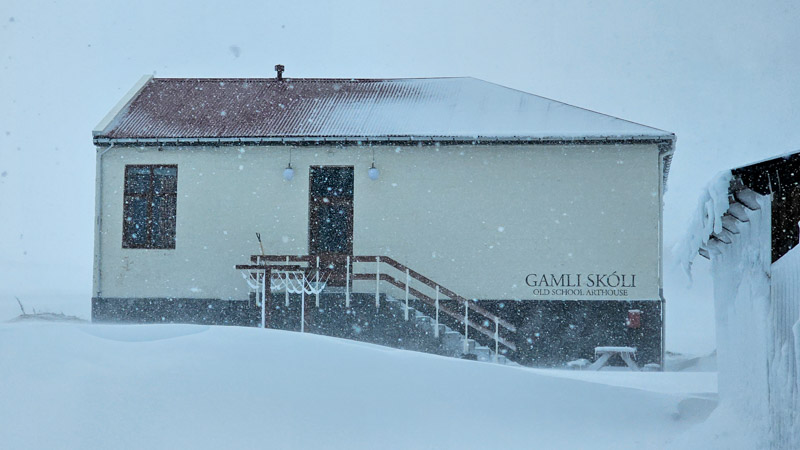
No one did.
The snow buntings gathered and fled and gathered again. She packed her things and mopped the floor and looked at the mountains through the window. They loomed, oblivious to her gaze. There was no reprieve. She threw away the last half-risen loaf, unbaked and unloved, and made her way to the dock.
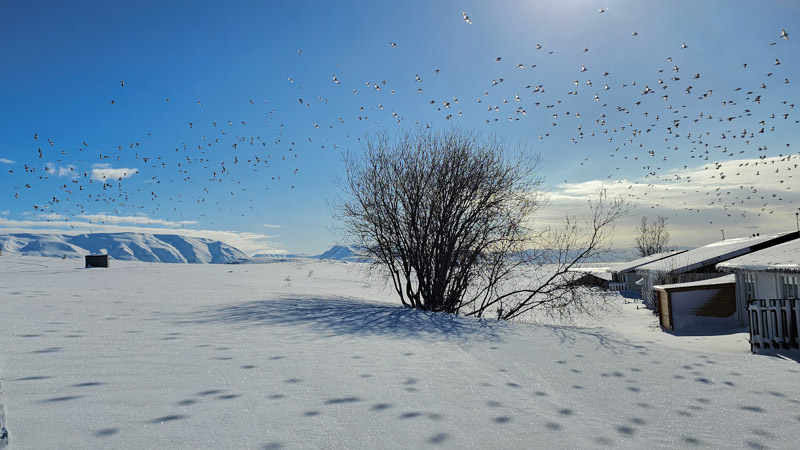
Engulfed in an unexpected hug, an island woman asked her just one question: Will you come back?
“Maybe,” she said, but the word tasted like a lie. The island was still a stranger to her. She had barely been here; how could she return?
It wasn’t until she was on the ferry watching the island recede that she understood that she was really leaving. She would have liked the chance to say goodbye.
The sound of traffic woke her in her sterile white hotel room. She rolled over and looked for her phone; a cold comfort in a faceless city.
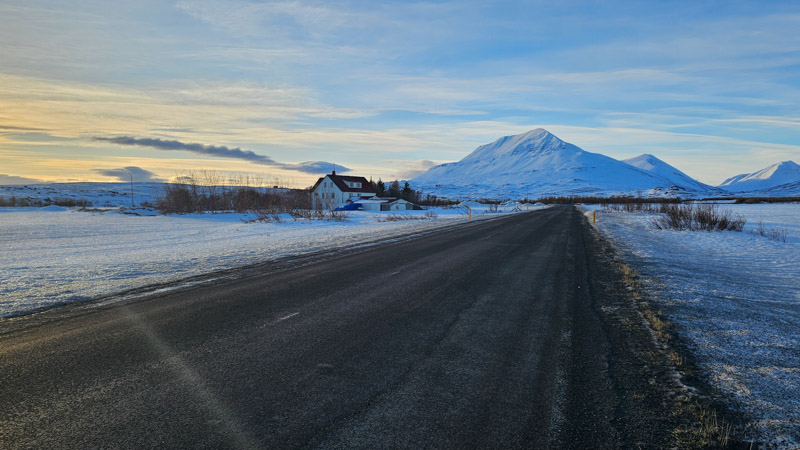
An email from a pair of initials did little to arouse her curiosity. She regularly received long emails from strangers who wished for her to know the magic of the number 370 or the hidden location of the White Bird or the deliberately low levels of oxygen used to keep passengers docile.
She scanned the latest for the conspiracy theory of the day. To her surprise, it contained a prose poem of sorts. She sat up straight and started over, savoring each word. It was a love letter to the island she had just left. It was her housemate, and she still did not know her name. It was her own loud arrival, “an author and aviator with a predilection for baking an entire loaf of bread every day.” It was an unexpected and beautiful gift from a near-stranger: a portrait of a place that she had never been.

Suddenly, finally, the way forward was clear. It didn’t matter where she was. There was no more comfort to be had in bread, in things that always do what they are supposed to do. She pulled out her laptop and wrote the last chapter.